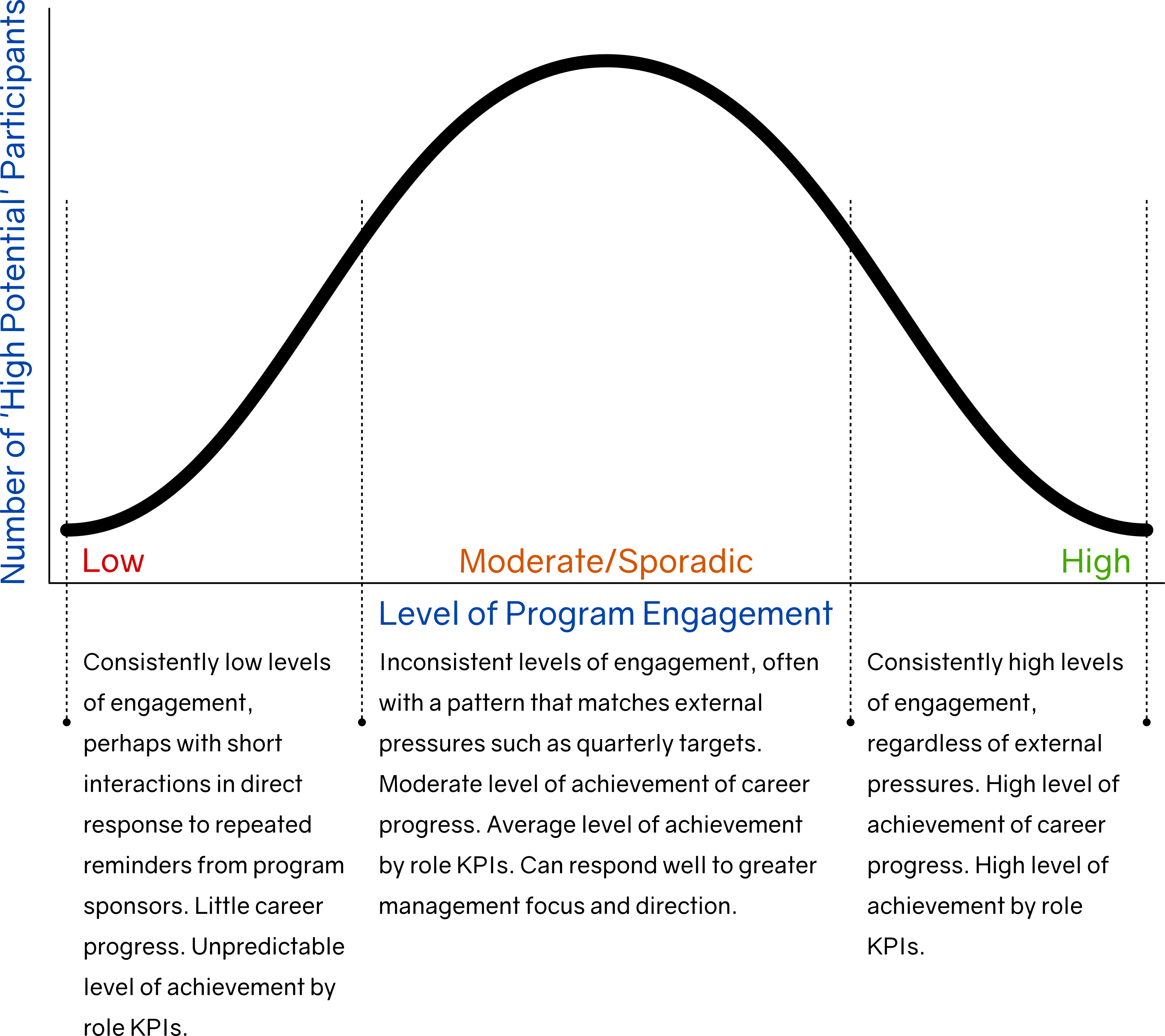Here's a research project which investigates the unpredictable nature of today’s talent management programs, and provides recommendations for increasing program effectiveness and return on investment.

In Spring 2018 I carried out a research project to look at the effectiveness of talent management programs, and you can download the full 31 page report here.
Here's the abstract which explains the project in a little more detail.
To quote two HR directors who contributed to the early stages of this research, “How can we be so bad at predicting potential?”
This report investigates a recurring problem in corporate talent management programs; namely the unreliability of predicted potential versus actual program engagement and career advancement achieved as a result of a structured ‘high potential’ development program. The report aims to uncover the causes of poor ROI in such talent programs, and recommend appropriate remedies.
This complex subject was analysed with a four stage research approach. Firstly, general observations were made of a number of talent programs, with engagement data gathered from two recent ones. Secondly, 76 business leaders were interviewed to establish the leadership qualities that they look for when identifying ‘high potentials’. Thirdly, some background data was gathered from 31 organisations about the nature and scope of talent management programs, and the selection methods used. Finally, a questionnaire was completed by 316 respondents who rated their agreement with the leadership qualities identified in the second stage interviews.
The results of these four stages of research have been analysed to identify some key issues which would seem to contribute to the effectiveness of a talent program. The overall conclusion is that the majority of organisations are still using entirely subjective selection methods for identifying high potentials, and that these methods are extremely susceptible to bias. In fact, there is a clear link between how a leader sees themselves and the criteria they use for identifying high potentials, which results in leaders nominating people who are like them for development programs, causing a lack of intellectual and attitudinal diversity and a potential stagnation of organisational culture. When this is combined with program engagement data, a clear opportunity arises to improve both selection methods in line with organisational strategy and program engagement in order to increase program ROI.
An average talent management program spend for an organisation is just over £200,000. With an average of just 55% of program participants reaching the end of a talent program, and around 42% of participants achieving promotions as a result of talent programs, this represents a significant waste of resources which could be more effectively allocated, if better predictions could be made about program participants.
The implication of these findings is that talent programs risk failing to deliver acceptable ROI and therefore organisations may fail to justify funding future leadership development programs. Furthermore, the bias inherent in the most common selection methods can leave the organisational culture exposed to rapid change in external market forces. With some straightforward changes, these issues can be addressed, and program design and management can enable talent programs to develop the future leaders who are critical in delivering future organisational strategy.
My advice for the critical factors that will make your talent program successful are:
1. Treat it as an assessment program, not a development program. Not everyone who joins will complete it.
2. Measure engagement with simple metrics such as attendance of workshops and coaching sessions, completion of assignments. People who don't do the work in the program aren't going to do the work as future leaders.
3. Push back on nominations. Senior sponsors will tend to nominate 'high potentials' because they remind them of themselves. This is not a recipe for success, it's a recipe for cultural stagnation.
4. Define your role performance metrics. If you don't know how to objectively measure performance, you can't develop it, and you can't reliably identify candidates for your program.
5. Track long term outcomes. Many programs are evaluated using participant experience as a measure, this doesn't tell you how the program has added value to their career development.
6. Make the program a challenge, not a reward. The aim is to develop their potential for the future, not to give them recognition for what they've done in the past.
